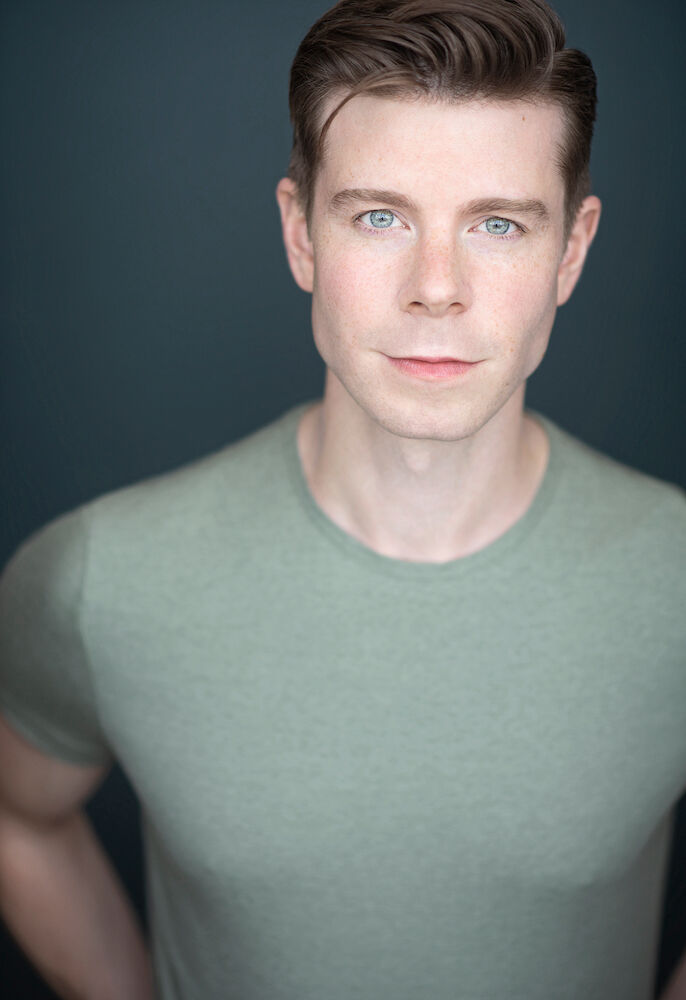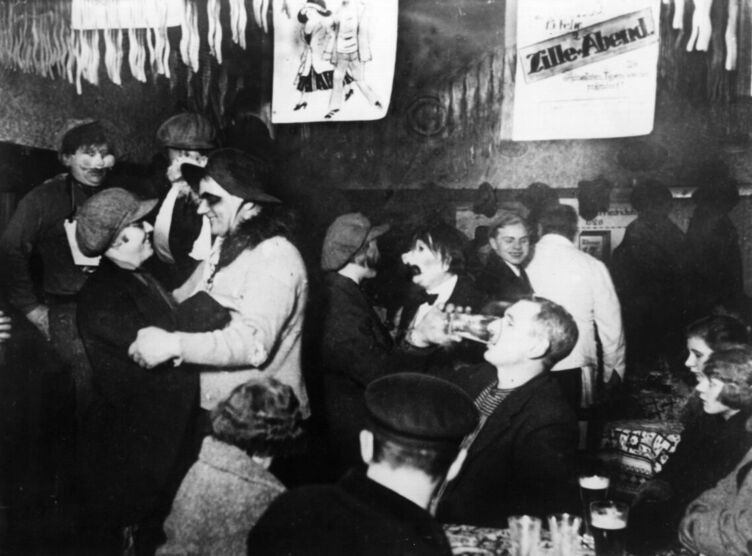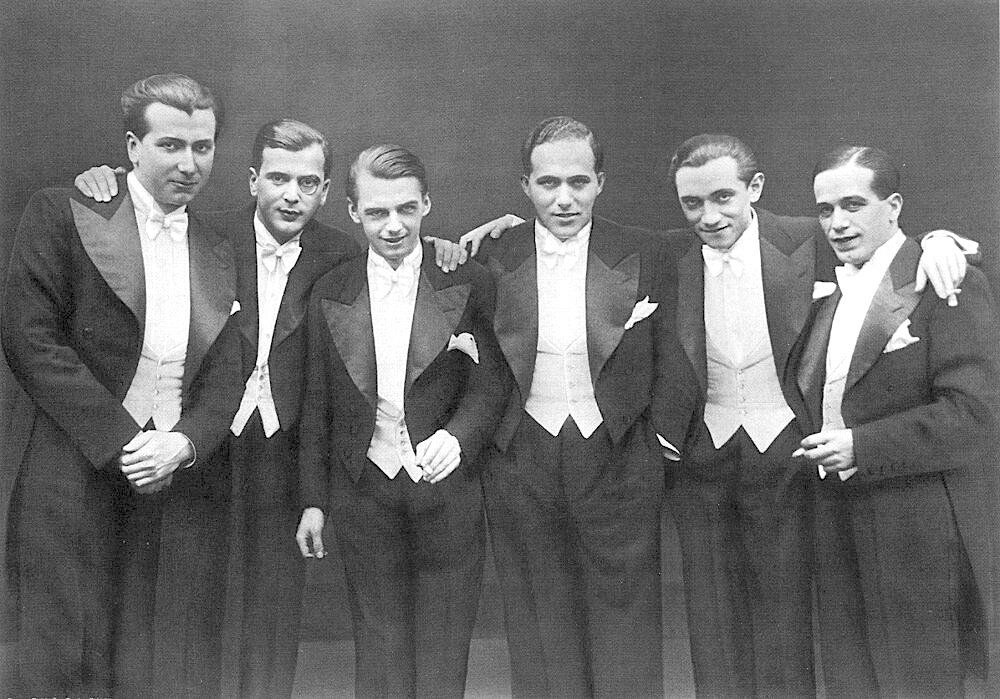I was Jewish before I was gay. That’s to say, the first discrimination I remember came in the form of a sneering neighbor who rubbed in my face the fact that Santa would not be stopping by my house. The gay thing would come later but hit just as hard.
Through the itching powder down my pants after play practice to hallway chases and spilled Trapper Keepers, I found solace in music. First albums, then cassettes, CDs, and finally digital streaming. Music fueled my sense of self. My taste admittedly skewed queer: original Broadway cast recordings, the soft vocals of Michael Feinstein, the hypnotic melodies of Enya, and if I wanted to crank the radio in my used Chevette, early Whitney Houston or Cyndi Lauper.
Barry Manilow hovered in the periphery. His decade-spanning catalog includes hundreds of songs, including 15 Grammy nominations (and one win). The songwriter’s soaring pop melodies on hits like “I Made It Through the Rain” and “Even Now” and the flashy “Copacabana (at the Copa)” resonated with my musical theater sensibilities. And who could resist that lanky boyish charm?
Now 80 years old, Manilow’s longtime dream to write a Broadway musical has finally come to fruition. Based on the Comedian Harmonists, a real-life sextet of singer-vaudevillians circa 1930s Germany, Harmony showcases another side of Manilow’s musical talent — one that he’s been cultivating with longtime collaborator Bruce Sussman since the show’s 1997 premiere.
Never Miss a Beat
Subscribe to our newsletter to stay ahead of the latest LGBTQ+ political news and insights.
The intrinsic connection in being othered haunts the work of Manilow and Sussman — two gay collaborators who have navigated the entertainment industry their entire careers.
The story of Germany’s original boy band, which included several Jewish members, finally lands at the Barrymore Theatre after several regional productions and previous false hopes for a Broadway transfer. Following the Comedian Harmonists’ rise to fame and desperate attempt to flee Hitler’s regime, the musical arrives at a time when anti-Semitism in the U.S. has reached an all-time high and continues to spike after the October 7 Hamas massacre and Israel’s subsequent response.
The historical trauma of World War II and the murder of more than six million Jews reverberates in each new assault and microaggression, from the 2018 terrorist attack at Pittsburgh’s Tree of Life Congregation, which left 11 people dead, to the rise in anti-Semetic rhetoric on university campuses and from presidential candidates.
Simultaneously, state bills targeting the LGBTQ+ community continue to inch their way toward law. The FBI reports a 13.8% increase in hate crimes based on sexual orientation and a harrowing 32.9% jump in those based on gender identity.
Related:
House GOP wants to pass another trans sports ban after passing one earlier in the year
They aren’t explaining how this bill is different from the one passed in April.
It doesn’t take a magnifying glass to draw a parallel between the atrocities of generations past and today.
Hitler, a failed artist, later called modern art a “degenerate” product of Jews and Bolsheviks and a threat to German national identity. The censorship expanded to include book burnings, foreign radio, and the establishment of the Propaganda Ministry. Anything or anyone considered counter-culture was a threat.
Though Harmony doesn’t explicitly explore the assault on queer communities, upwards of 15,000 men were sent to concentration camps under Paragraph 175 of the German criminal code, which forbid sex between men. Historically, much of the queer community has been at the forefront of counterculture. Silencing of voices continues on domestic soil with a record number of LGBTQ+ book bans, titles that often depict intimate same-sex and gender-expansive relationships.

Before a recent performance, LGBTQ Nation sat down with out actors Danny Kornfeld and Sean Bell, who play members of the Comedian Harmonists, to explore the complex connection between queer and Jewish identity.
LGBTQ Nation: “Coming out” is still a part of our collective identity. Danny, you literally seized the mic.
Danny: I came out on the last day of college at Syracuse University at a theater department send-off event. Each senior gets a moment to speak. It’s 10 p.m., and as I’m sitting there and it’s getting closer to my turn to talk, a huge rush of emotion comes over me. And I’m like, “Holy f*ck — if I don’t do this now, I don’t think I’ll ever do it in my whole life.”
I got up on stage and said what I had prepared about how I had viewed the program as a family, and then I ended with, “I’m going to need a lot of love right now. I think I’m gay.” And the auditorium just went nuts. It was truly the best moment of my whole life. Up until then, I had never kissed a boy. It was important to me to close that chapter with people having access to some form of my authentic self.
Regarding the relationship between religion and queer identity, that wasn’t the reason why it took me so long to come out. One of the things I love about the Jewish religion is the encouragement to ask questions, to say, “Why is this?”


Sean, you went to a Catholic high school yet came out at 15. That might come as a surprise to some people.
Sean: Weirdly, it felt very liberal. I did a production of Godspell in high school, and nearly everyone in it was gay or some version of queer and out. It was harder with family, though everyone is cool now. But you have to remember, this was before gay marriage and a national acceptance that helped move things along. But I had supportive friends and a supportive theater community. Then I moved to New York City at 19 years old, and that was a whole new world for me.
New York City often feels like a safety net for marginalized communities. Pre-World War II Berlin was also a hub for LGBTQ+ life, boasting 170 bars and clubs. Despite the criminalization outlined in Paragraph 175, queer life thrived. What parallels do you see between the rise of fascism and today’s fight for LGBTQ+ equality?

Sean: Harmony is so impactful because although it focuses on a specific event, it applies to so many different aspects of bigotry and fascism. It’s easy to recognize the behavior, and that’s terrifying. The Nazis were so good at othering.
Danny: When it comes to any marginalized community, we have such power in our support for one another. The Jewish people and the Black community have been great allies. Fighting on each other’s behalf is just better for all of us. Though our story focuses on the plight of the Jews, you can see so much of what trans people and the broader LGBTQ+ community are experiencing right now.
Do you think there’s a danger in today’s political landscape that people think it won’t get that bad again?
Sean: My character, Bobby, at first, is very much a “it’s going to blow over” person —
Perhaps it’s easier for the character to say that because he isn’t Jewish, though he quickly becomes guilty by association.
Sean: I have people in my family and my life who I’ve modeled that aspect of Bobby — people who have said things about the Trump administration, like “It won’t get that bad.” Then, January 6 happened and family members sent “I’m so sorry, I was wrong” texts. But at that point, it was too late.
“Our generation is ultimately getting better at understanding the complexities in the world and of people and relationships.”
Danny Kornfeld
We’re a trio of white cis male gay men which carries certain privileges within the LGBTQ+ community. Have your perceptions changed regarding exploring queerness outside of your personal identification?
Danny: With the birth of social media, it’s two-fold. We’ve lost a sense of nuance in conversation. I’m 30 years old, and I feel like our generation is ultimately getting better at understanding the complexities in the world and of people and relationships. Maybe I’m in my own bubble, but seeing those complexities, we’re much more accepting and compassionate.
Sean: As tough as it was early on, I’m really happy that I’m gay because everything else about me is not marginalized. It has opened my mind and made me far more empathetic and compassionate than perhaps I would have been.
Danny: The interpersonal relationships have been the most significant learning I’ve done. I have a trans cousin who is married to a cisgender woman; they have a child together and are also polyamorous. Having them in my life has opened my mind to so much about relationship dynamics.
Intimacy and love take many forms, and Barry Manilow and Bruce Sussman have been writing about it for decades. Danny, you sing one of Harmony’s most soaring ballads, “Every Single Day.” Can you share more about the song and its impact?
Danny: The song explores when you are in a relationship and reach that crux of questioning: Do we continue forward? Are we in it for the long haul, or will we part ways?
For me, it’s that expression of “I choose you.” I believe that in any long-term relationship, you wake up every day, and it is a commitment to say I will continue to love you, prioritize you, and commit to — even through the trials and tribulations — fighting my way back to you every single time.
How does that connect or conflate with your life and what we see in the queer community?
Danny: Honestly, Dan Savage was a huge influence on me, especially when I first came out — just his honesty and candor as a successful model for what any long-term relationship needs. I credit him for that, and I think it’s made me a very good lover and partner who is emotionally intelligent and a good communicator. I strive to be authentic in any situation I’m in.
As a lover, I want to give that person everything so they feel safe and like the ultimate best version of who they are and want to be. Especially as queer people, all we want to do is feel safe and feel like we get to be truthful in our existence.
On a broader scale, Harmony comes at a time when tensions in the Middle East continue to escalate, and the possibility of a wider conflict looms. How has that impacted your experience working on the show?
Sean: The show feels like its own act of activism: to show up and tell this emotional story and hear people sobbing by the end of it every night and to provide a space for Jewish people to grieve in their own way for what’s happening in the world. But also for any marginalized person who gets to see it on stage. It’s hopefully changing minds and hearts and reminding people why stories like these are so important right now.
Danny: We make audiences bear witness. As much as there’s a foreboding element of not letting this happen again, there’s an expression of culture, too. It’s important for us to see this in our queerness right now, too, like Tennessee’s drag queens fighting back against the bans. Harmony portrays a beautiful Jewish wedding and shares some of the most joyous parts of the community and culture amidst all the darkness and oppression. It’s important not to lose sight that as much as we need to warn, we also have to celebrate.
Harmony plays on Broadway at the Barrymore Theatre.
This Interview has been edited for length and clarity.
Don't forget to share:














